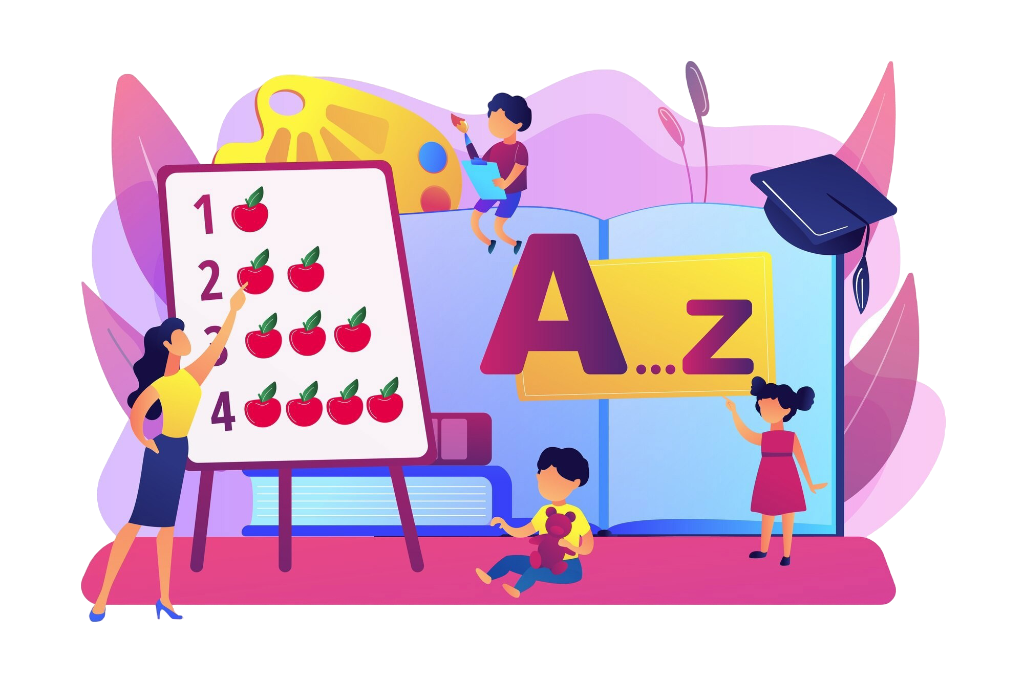Enhancing Education Through Teacher Quality and Digital Innovation

Reflecting on the educational landscape, I recall my father's tenure as Dean of Mathematics at his college in Virginia from the late 1980s to the early 2000s. He used to comment to me about how administrative priorities had started to shift towards ease of student pass rates over educational depth. At the time I didn’t fully comprehend it but looking back he correctly foreshadowed the challenges facing our education system today.
Our education system, once a beacon of excellence, now finds itself ranked 26th in math according to the Program for International Student Assessment (PISA). It's a stark reminder that something has indeed gone awry. Meanwhile, the cost of higher education has ballooned, not because of better education, but due to an influx of administrative positions, particularly in diversity, equity, and inclusion roles, without a corresponding improvement in educational outcomes.
Education should transcend the mere act of passing tests. It's about igniting curiosity, encouraging questioning, and deepening understanding. However, in recent times, our schools have sometimes prioritized student throughput over the depth of learning. The curriculum has increasingly been diluted, with an emphasis on graduation rates rather than on fostering a love for learning. Critical thinking, once the cornerstone of education, has been sidelined not only by the pressure of standardized tests but also by the introduction of complex social and political theories around race and gender. While discussing social issues is important, the way these topics are often integrated can sometimes feel more like indoctrination than education, sidelining the development of analytical skills in favor of teaching students what to think, rather than how to think.
We need to refocus. Education should be rooted in core competencies: reading, writing, arithmetic, science, and logical reasoning. These are the fundamental tools students need to navigate not just academia but life itself. They enable innovation, leadership, and personal growth. At the core of this refocus must be our teachers. They are not mere instructors; they shape the minds and futures of the next generation. Teacher training programs must pivot back to emphasizing deep subject knowledge and educational creativity that prioritizes critical thinking. Instead of pushing critical race and gender theories as the primary lens through which students view the world, we should be equipping educators with methods to integrate these discussions thoughtfully, as part of a broader educational journey that teaches students to analyze, debate, and form their own well-considered opinions. By doing so, we ensure that education serves its true purpose: to prepare students to think independently, engage with the world critically, and contribute positively to society.
Enter technology, and specifically, tools like Ferretly's digital behavior assessments. They offer a way to ensure that teachers are focusing on what matters. By assessing online behaviors and digital footprints, we can identify educators likely to make a profound difference in the classroom. Ferretly can assist in maintaining the curriculum's integrity, ensuring the focus remains on genuine education and understanding.
Take charter schools like Success Academy, for example. They've shown us that when you prioritize the quality of teachers, student performance can soar. These schools prove that education can be reformed, that it can prioritize student outcomes over bureaucratic needs.
With new leadership on the horizon, there's a real chance to realign our educational priorities. It's a once-in-a-lifetime moment to use tools like Ferretly, to focus on quality teachers, and to return to the essence of what education should be: preparing students for life, not just for their next exam.
In essence, it's time we used technology not just as a tool for testing, but as a beacon guiding us back to what truly matters in education. By doing so, we ensure that the United States continues to lead in innovation, driven by a generation equipped to think, create, and challenge the status quo.






